From Cineaste, Summer 2008 (Vol. XXXIII, No. 3). It’s gratifying that Such Good Friends has finally come out on DVD. — J.R.
The World and its Double: The Life and Work of Otto Preminger
by Chris Fujiwara. New York: Faber & Faber, 479 pp., illus. Hardcover: $35.00.
Otto Preminger: The Man Who Would Be King
by Foster Hirsch. New York: Alfred A, Knopf, 573 pp., illus. Hardcover: $35.00
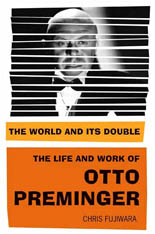
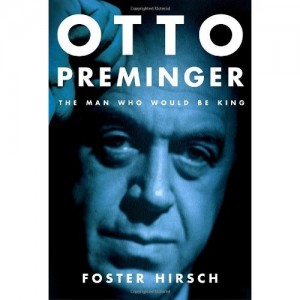
Few film directors resist critical biography as much as Otto Preminger, given all the puzzling and intractable mismatches one encounters as soon as one tries to reconcile his very public life with his no less private body of work as an auteur. This is a difficulty acknowledged in the title and subtitle of Chris Fujiwara’s book, and one he essentially tries to resolve by splitting most of his chapters into two sections. But the overall disassociation of Preminger’s life and work, even though it’s addressed by this structure, still becomes a kind of structuring absence that haunts this biography as well as Foster Hirsch’s, which tries to integrate the two concerns more conventionally. Read more
From the Chicago Reader (February 23, 1996). — J.R.

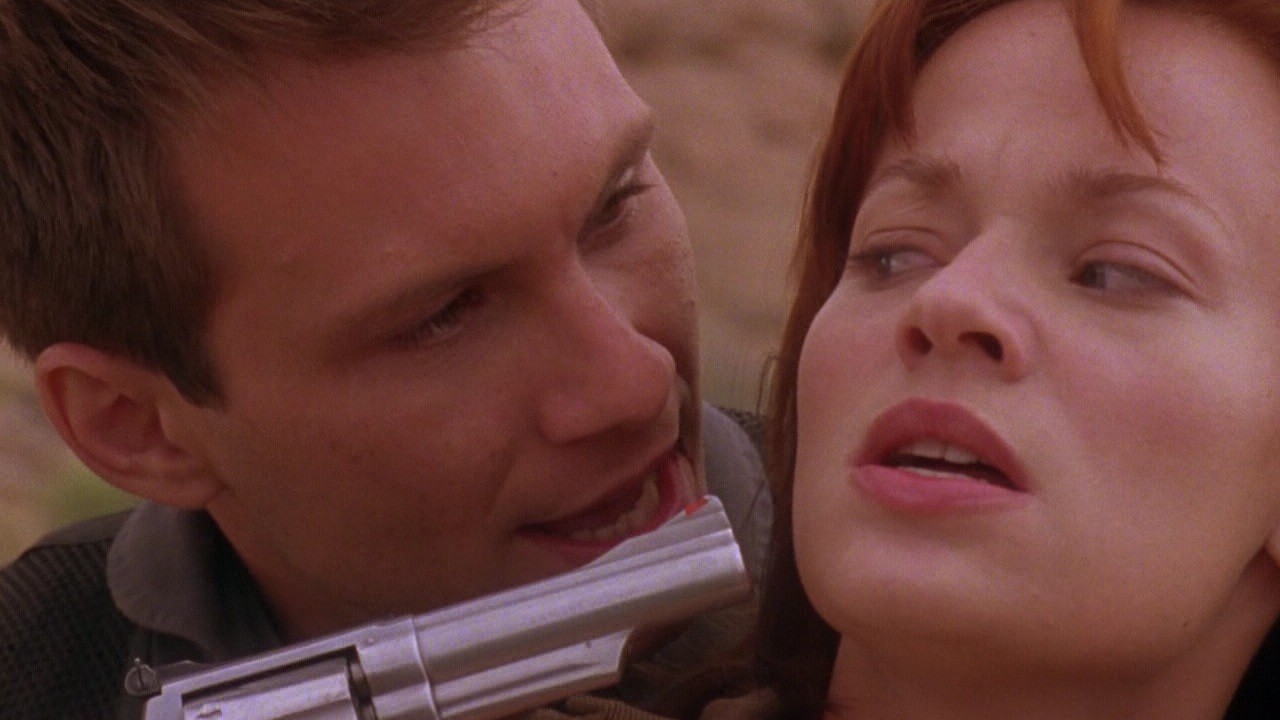
Rumble in the Bronx
Directed by Stanley Tong
Written by Edward Tang and Fibe Ma
With Jackie Chan, Anita Mui, Francoise Yip, and Bill Tung.
Broken Arrow
Directed by John Woo
Written by Graham Yost
With John Travolta, Christian Slater, Samantha Mathis, Delroy Lindo, Bob Gunton, and Frank Whaley.
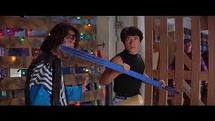
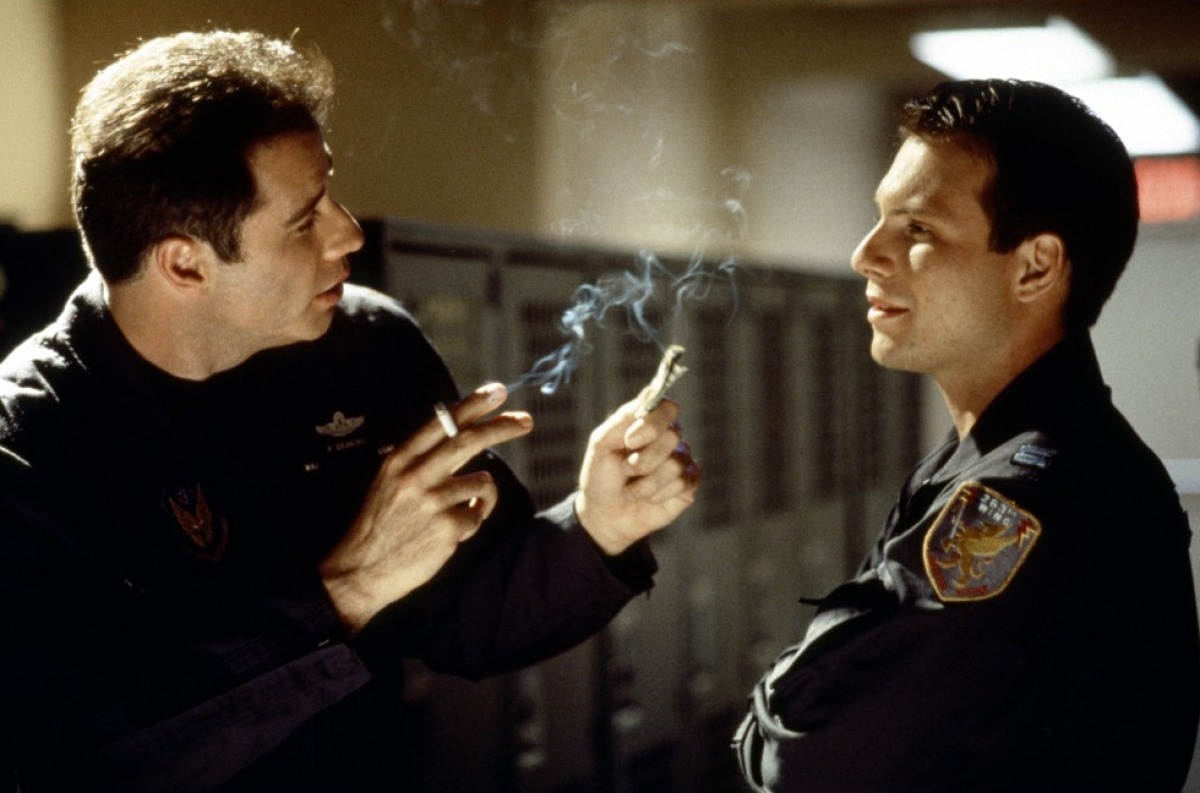
Many people who’ve seen Saturday Night Fever probably remember the poster of a bare-chested Sylvester Stallone as Rocky in the bedroom of Tony (John Travolta), the king of Brooklyn disco. But how many recall the poster of a bare-chested Bruce Lee as well? In the nearly two decades since Saturday Night Fever was released, the dream of wedding Hong Kong action pyrotechnics with Hollywood production values to conquer the American mainstream has surfaced periodically, but until recently the results have seemed halfhearted at best.
I haven’t seen any of the earlier Jackie Chan vehicles with American settings — films like The Big Brawl (1980) and The Cannonball Run (1981) — but it’s clear that none of these succeeded in turning Chan into an American household word. At most he’s become an alternative action hero for some passionate aficionados — especially in Chicago, where Barbara Scharres’s efforts at the Film Center to honor his work, climaxing in an in-person appearance a few years back, have helped to foster a growing cult. Read more
From the Chicago Reader (June 17, 2005). –J.R.
This fascinating oddity from Alain Corneau (Tous les matins du monde) adapts Amelie Nothomb’s autobiographical novel about the office life of a young Belgian (Sylvie Testud) working for a huge corporation in Tokyo. Though she’s spent her childhood in Japan and speaks fluent Japanese, a string of cultural blunders leads to one humiliating demotion after another. Testud took a two-month crash course in the language to play this part, and though the notations on cultural difference are far richer and subtler than anything in Lost in Translation, I can’t help but wonder what Japanese viewers might think of this film’s blistering critique of some of their hierarchies and protocol. The unconventional take on power and freedom, enriched by a deft use of Bach’s Goldberg Variations, remains that of an outsider. In Japanese and French with subtitles. 102 min. Music Box. Read more
The year before I started my Paris Journal for Film Comment, in late 1970 and/or early 1971, I wrote a couple of prototypes for it for a short-lived magazine, On Film, that didn’t survive long enough to print either one of them. In fact, On Film never made it past its lavishly glossy first issue, which was devoted mainly to Otto Preminger. Not all of either of these columns has survived either, but here is the first entry in the second of these columns, which did. — J.R.
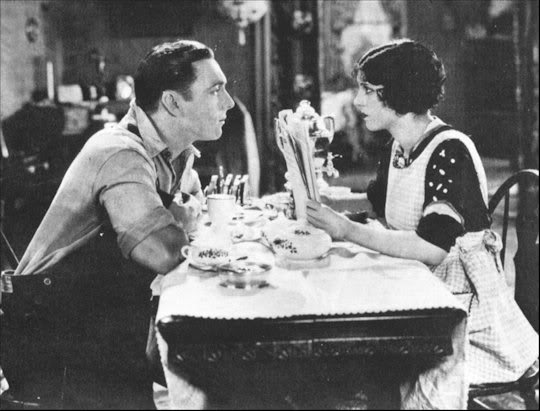
November 6: Howard Hawks’s FIG LEAVES at the Cinémathèque.
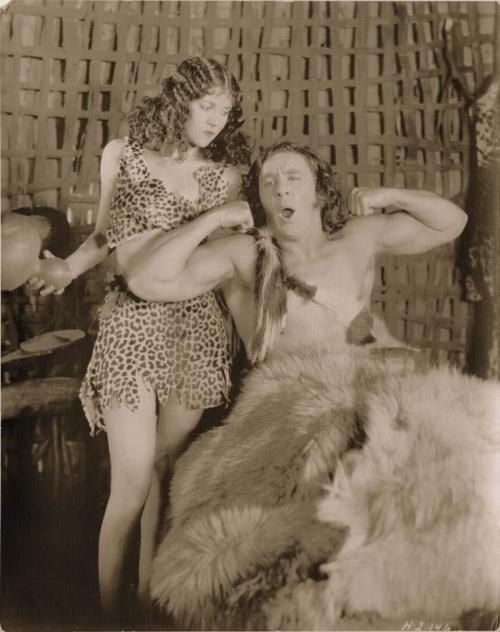
Twenty days ago, I concluded my previous column with remarks about Ozu’s TOKYO STORY. Since then, I’ve seen or reseen a dozen films; Mizoguchi’s SISTERS OF THE GION and THE CRUCIFIED WOMAN, Franju’s THOMAS L’IMPOSTEUR, Kramer’s ICE, Malraux’s L’ESPOIR, Tati’s PLAYTIME, Demy’s THE YOUNG GIRLS OF ROCHEFORT, Minnelli’s CABIN IN THE SKY, Mankiewicz’s THERE WAS A CROOKED MAN, Godard’s MASCULIN-FEMININE, Ray’s BIGGER THAN LIFE, and now Hawks’s second film, a comedy made in 1926. Read more









